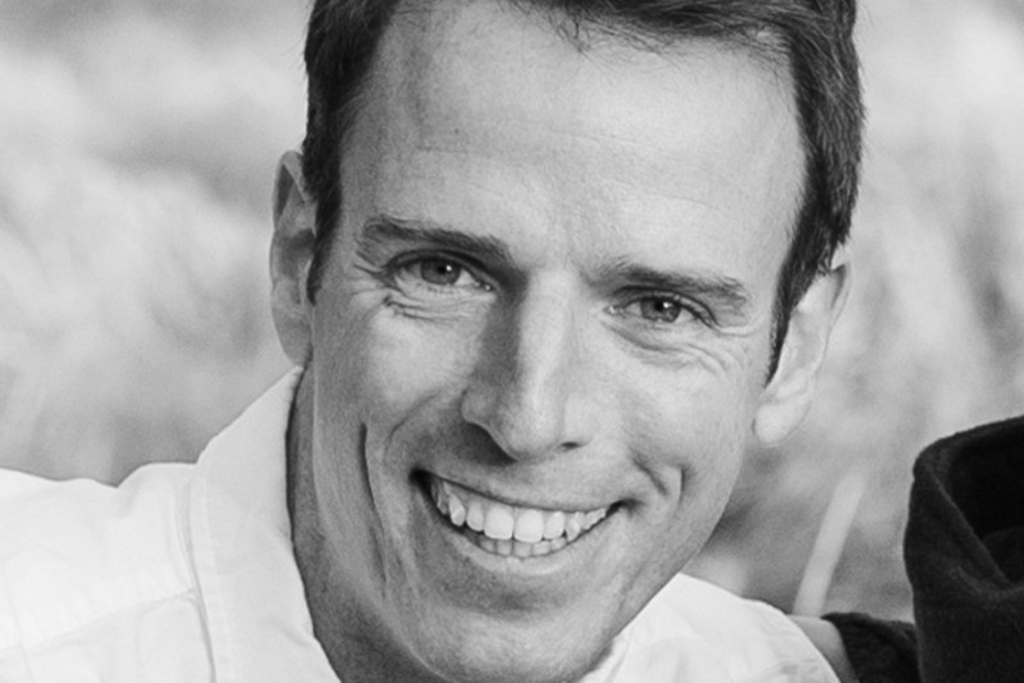April 18, 2024

I am struck by the fact that lately, it seems like all roads (or at least a whole lot of them) are leading to community banks. For over a decade, we’ve had intensive innovation underway, transforming the financial sector, and the companies that have probably been the furthest from the cutting edge have been small depository institutions. Today, almost suddenly, we are finding these banks at the vortex of swirling winds of change. They have a lot to do. They are trying to figure out how to compete in today’s tech-based financial marketplace. They’re trying to figure out how to update their technology. They’re figuring out how to serve tech-savvy businesses and consumers, including younger ones, and including ones who prefer their banking mobile. They’re figuring out how to use and partner with fintechs. They’re figuring out how to use regtech. And they’re figuring out how to buttress or replace lines of business that are eroding — shrinking or becoming less profitable, or both.
That makes it very timely to talk with today’s guest. Darragh Buckley is the Founder and CEO of Increase, which offers a banking core and a set of customer-facing APIs to connect small banks into modern banking infrastructure.
Darragh comes to this undertaking with a unique set of perspectives. On the tech side, he has the notable distinction of having been employee number one at Stripe. He grew up in Limerick, Ireland with the brothers who founded Stripe, Patrick and John Collison, and then was at college with them in Boston as the idea to launch a company came together. His work at building large-scale banking infrastructure led him to found Increase in 2020.
On the banking side, though, he also serves on the board of Washington Business Bank, in Washington state. There, he gets to look at these same challenges through a very different lens.
Darragh and I got to sit down together in person in Washington DC, right around St. Patrick’s Day, and had a very thought provoking conversation.
In today’s show, Darragh tells us about Increase — its mission and business and status. He talks about the barriers facing small and medium sized banks trying to adopt new technologies without triggering regulatory concerns. He thinks banks can differentiate themselves on fees and rates, customer service, and technology, and he believes that technology is, increasingly, the best point of differentiation and cost savings. He believes — and I agree — that huge numbers of them will disappear if they can’t shift to new business models that give them more tech flexibility and options.
Darragh has high praise for a lot of what the regulators are doing, and he also has some novel ideas for them, about what they could do differently to help promote a strong and sustainable cadre of community banks. These include some thoughts on compliance functions that regulators might consider centralizing, and some possible ways to pay for changes.
As our regular listeners know, I’ve spent a great deal of my career with community banks, in their communities. I know that many are the backbone of the places they serve, in ways that reach much deeper than simply providing financial services. Conversations like this one with Darragh are important, I think, in helping leaders think through the future of finance in America.

Darragh was the first employee at Stripe. He was the banking hire because of his experience at Lehman Brothers, and his role included negotiating, implementing, and scaling Stripe’s agreement with its primary bank partner, Wells Fargo. He built and scaled Stripe’s programmatic controls for deposit account structures and controls, money movement, regulation, cybersecurity and privacy.
Darragh left Stripe in 2016 and turned his focus to founding Increase, which offers a banking infrastructure API and service. Darragh is also a member of the Board of Directors of Washington Business Bank. He holds engineering degrees from MIT and the University of Michigan.
We have wonderful guests coming up, including a fantastic show with the South Africa National Credit Regulator and the International Finance Corporation. We also have an upcoming discussion with renowned tech ethicist Nell Watson. We have a show planned with the Cambridge Centre for Alternative Finance SupTech Lab, and a fascinating discussion with former U.S. GSA Commissioner Sonny Hashmi, on how to modernize government technology. And much more.
This is a busy month for AIR. It’s great that so many of you made it to our Regtech Expo on Capitol Hill on Thursday, April 18. This is the second time we’ve hosted this event, to showcase the breakthrough techniques being developed by new-generation regtech firms that are using digital data and, often, AI, to make big gains on regulatory goals like fair lending and anti-money laundering.
I’m heading to Nigeria this month for a series of meetings on banking innovation. In May, my colleagues Mariama Jalloh-Heyward and Grace Mathebula will be in Ghana at the 3i Africa Summit . My colleague Bob Chakravorti will be speaking at FinovateSpring, holding a fireside chat with OCC Senior Deputy Comptroller and acting innovation head Donna Murphy. ln June, I will be at the ABA Regulatory Compliance Conference in Seattle.
Please be sure to leave us a five-star rating on your favorite podcast platform so more people can find Barefoot Innovation, and please also find me on social media to continue the conversation!
Stay informed by joining our mailing list
